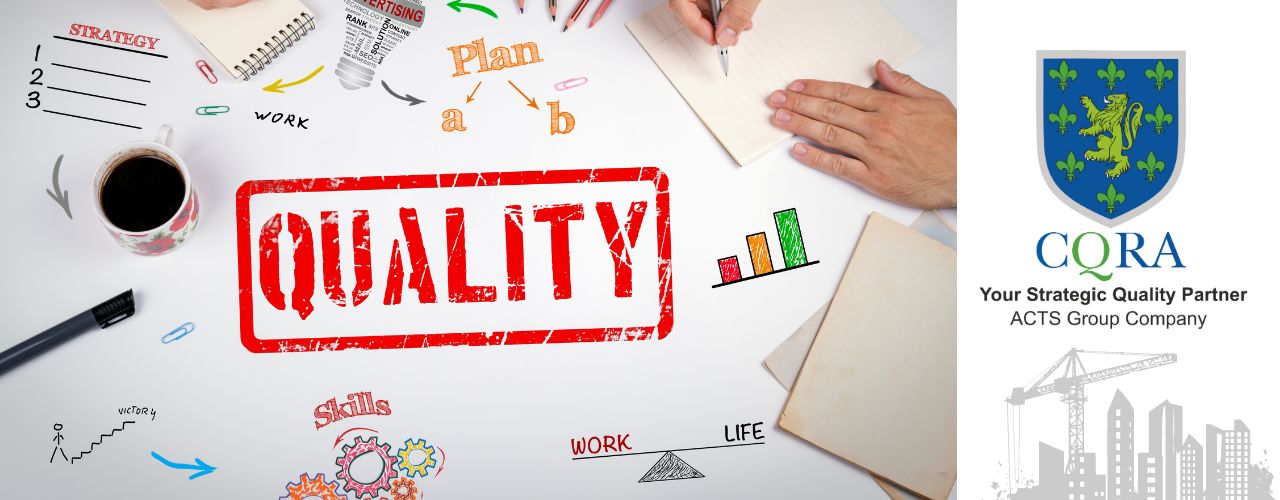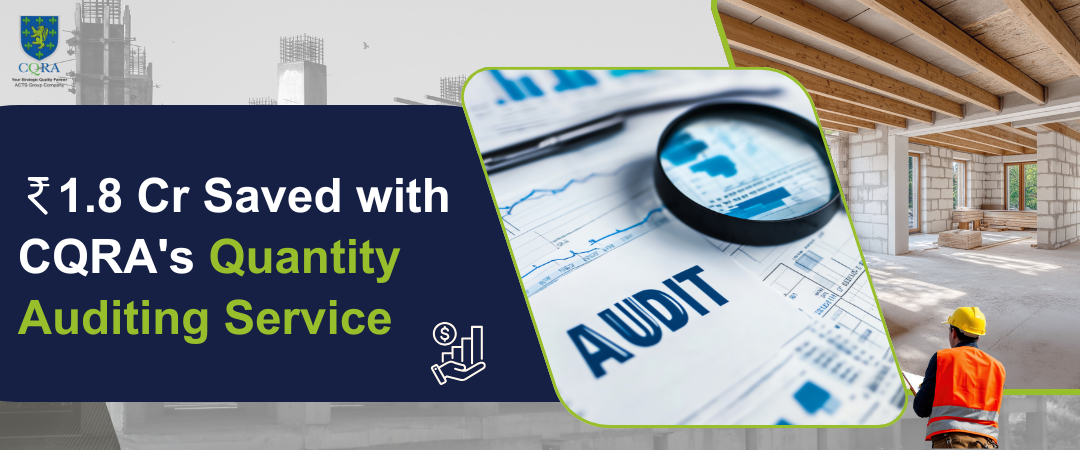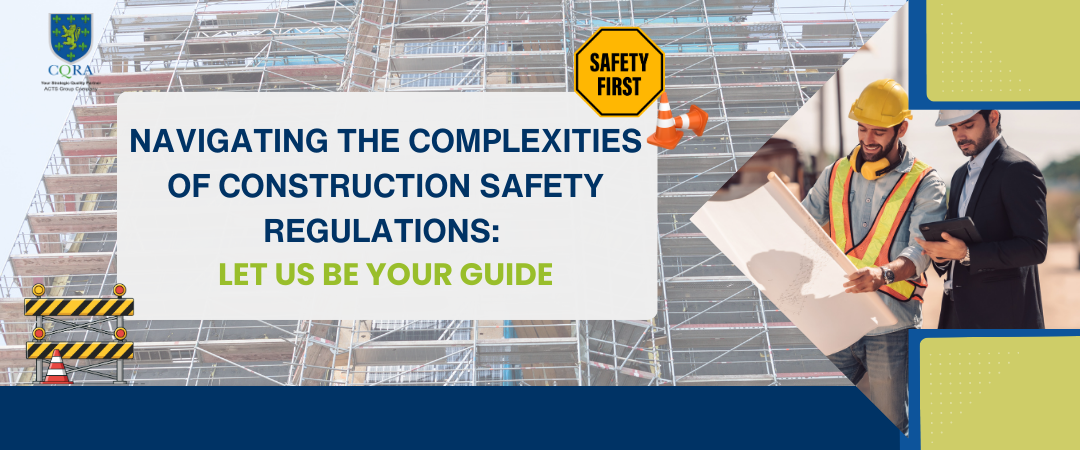Making Construction Quality a non negotiable factor at the construction site should be the primary aim of developers and construction firms.
In the rush to meet targets, speed often trumps quality but employees on every construction project should be oriented in such a manner that they always put quality before any other factor, enforce accountability and have best practices and processes chalked out for the team to follow.
Nurturing a work environment that is characterized by communication, trust, common notions of the quality and safety standards is the foundation of positive safety culture in an organization.
Hidden Challenges of Quality Control that construction managers need to pay close attention to are many and if overlooked can seriously compromise the entire project. These are –
Not Making Quality A Priority Earlier In The Project
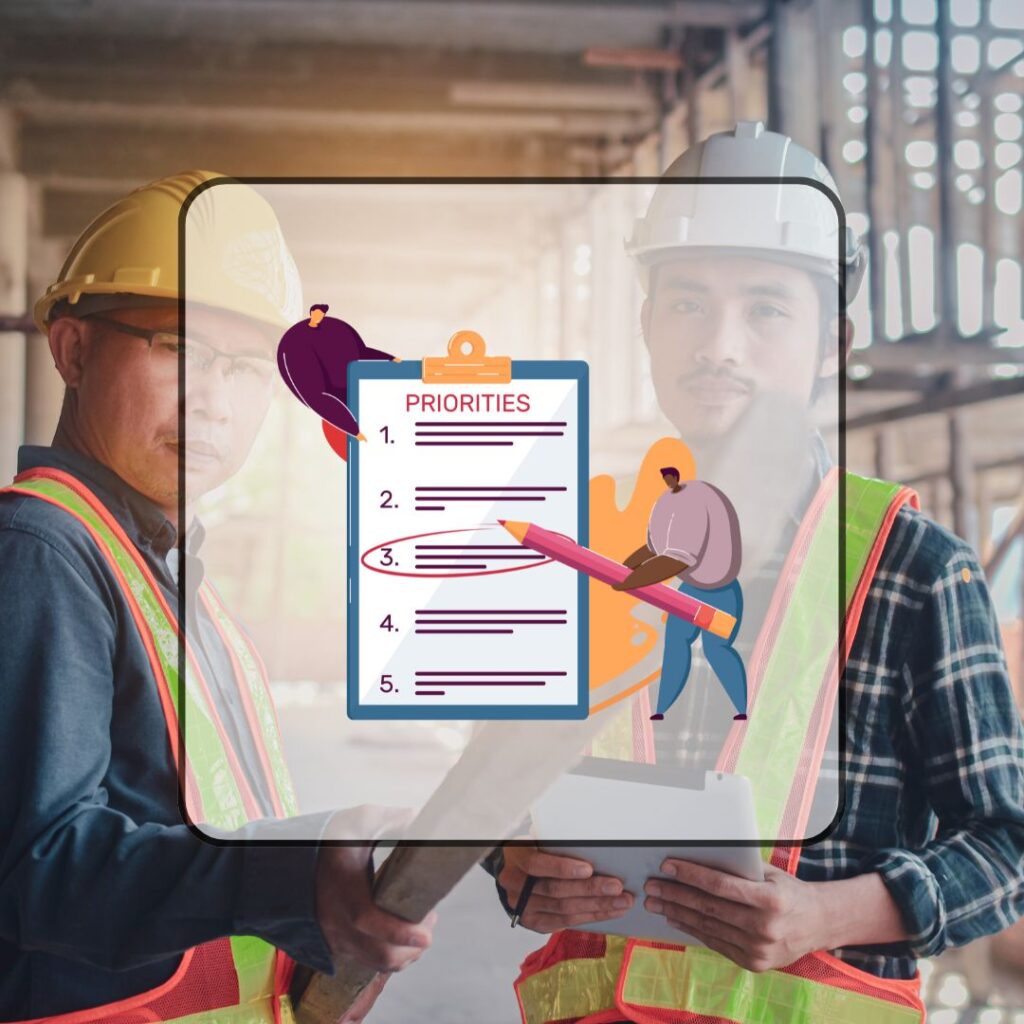
Achieving top notch quality and maintaining project speed is a huge exercise in meticulous coordination. It’s a great feat by the project team that needs to take all possible aspects into consideration at the planning stage. A balance between all the project facts needs to be maintained – only then can a particular project be handed over in time and with the desired quality standards.
Ineffective Communication Between Teams
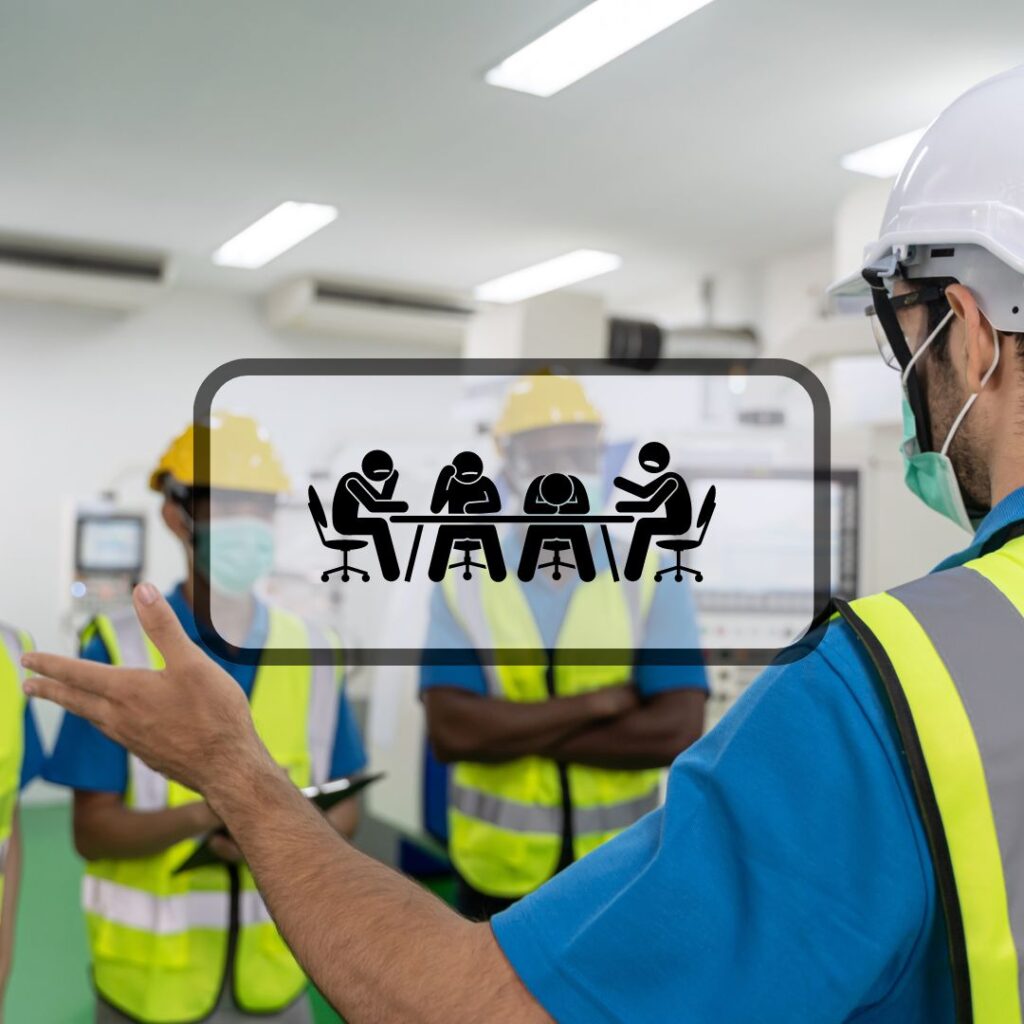
Ensuring an open environment at the work place that encourages frank communication between the employees is the first step to ironing out staff issues at the site. Also to practice effective communication, that is communication translating into positive action and collaboration is what the management must aim for, especially when it comes to fostering a culture of quality.
Not Stressing On Continuous Improvement:

Just having quality procedures explained in a one-time exercise to the building team and having procedures written down on paper as quality documentation is not going to result in achieving quality in the construction. Beyond these, it is very important to continuously revisit the quality protocols and ensure implementation at every stage. Thus evaluating the efficacy of these procedures in place, talking to employees for their feedback and staying abreast of the latest in quality protocols in the industry and implementing the best practices is the continuous task of the quality managers.
Not Limiting The Scope Of The Project
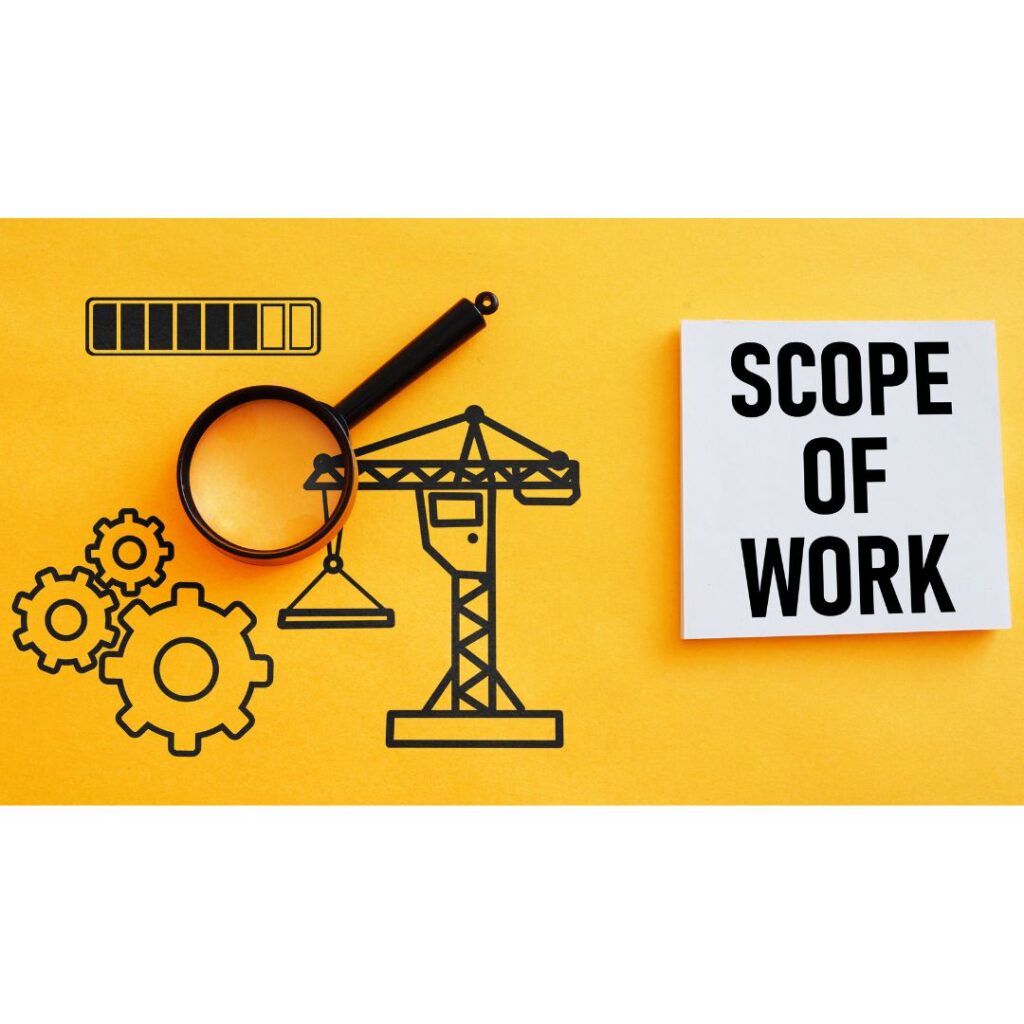
Having multiples alterations and revisions in the design of construction projects is a common occurrence owing to various reasons. However, at times this results in the scope of the project increasing way beyond what was planned and the quality processes can be hampered with repetitive changes and increase of the scope.
Not Using Technology For Processes

Projects today greatly benefit by having all building systems integrated onto a digital platform. These programs are so advanced that every aspect, at any stage of the project can be monitored by a mere click and any information about the project is made available in seconds. This is cost-effective system which can be used by developers or clients to their advantage at any instance of time. Not shifting to digital systems means a compromise in maintaining quality.
Not Solving Vendor And Material Issues

As the project managers go about dealing with vendors and procurement, there may be some delivery constraints, production, manufacturing, and transportation issues related to the materials, labor issues or raw materials as well. All these aspects lead to delay in material procurement and would also impact the quality of the delivered product because all activities are executed with certain assumptions. And when these assumptions fail to stick, then obviously, there is a gap between what is expected and what is on site creating issues which ultimately lead to impacting the quality of particular product.

Brand Value Getting Adversely Affected
Falling short on quality processes over a period of time also ends up in the reputation of the developer or contractors going down in the construction circles, thus negatively affecting their brand image, business prospects and profitability.
Cost Implications

For a project developer, cost of materials and manpower matter the most and decides the worth of the project they have undertaken. Any discrepancies in estimates, processes and shortcomings in vendor or contractor communication can make the costs go away, hampering the smooth sailing of the project.
Not Monitoring And No Third Party Auditing

Regularly monitoring and assessing quality performance on construction sites like conducting internal and external quality audits to identify Non conformity and get opportunities of improvement is an important aspect in the construction quality gamut. Third Party Agencies must be hired for unbiased quality audits and adherence.
Hidden challenges of quality control can sneak on managers and snowball into major project issues. The best and foolproof way to steer clear of hidden problems is hiring Third Party Agencies like CQRA early in the project cycle so that all processes are always on track and developers and ultimately the end users can be assured of the highest quality at all times.

